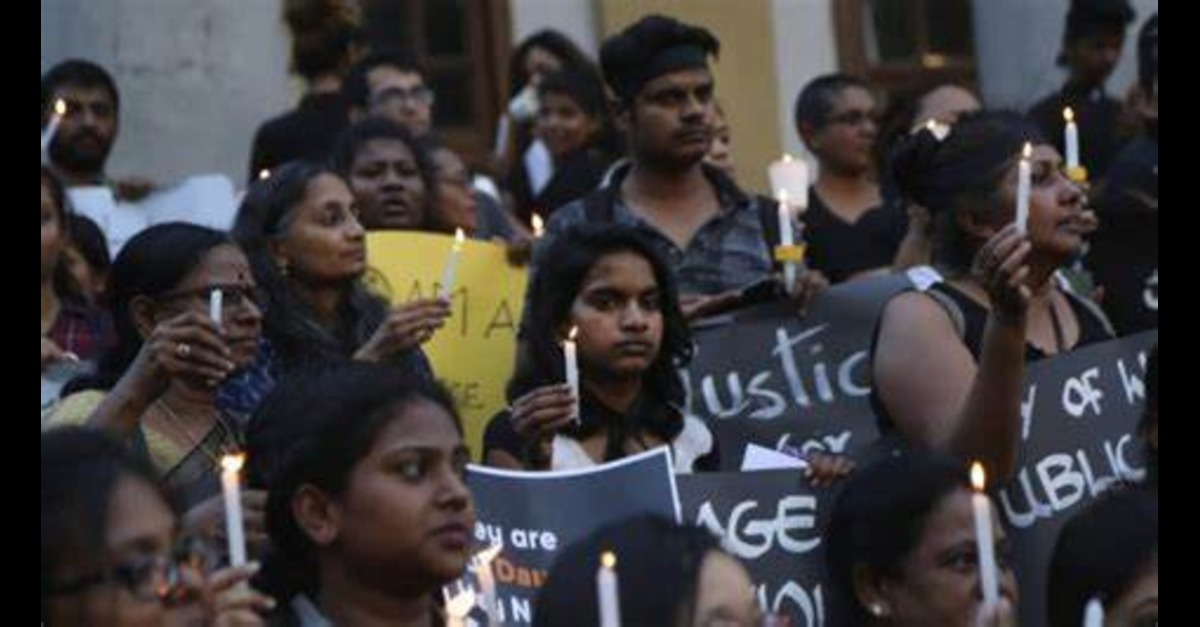INTRODUCTION
The Supreme Court of India confirmed both the convictions and life term sentences for perpetrators involved in the 2003 caste-related murder of Murugesan and Kannagi who belonged to different castes from Tamil Nadu. The Bench recognized the killings as a “dastardly murder” which emerged from the “deeply entrenched hierarchical caste system” that exists in India. The court reduced the death penalty for a defendant to lifetime imprisonment but affirmed all IPC and the Scheduled Castes and Scheduled Tribes (Prevention of Atrocities) Act, 1989 charges against the convicted defendants. The court conducted a detailed analysis of police officials because they neglected cases promptly and actively resisted justice being served.
BACKGROUND
K.P Tamilmaran v. State by Deputy Superintendent of Police
The case pertains to the brutal killing of Murugesan, a Scheduled Caste youth, and Kannagi, a woman from the dominant Vanniyar community, in Pudukoorapettai village, Cuddalore district. Under the Special Marriage Act the couple obtained their marriage license on 5 May, 2003 before maintaining separate accommodation. The couple moved out from their original family households to unite. The families of Kannagi strongly damned her relationship with a SC person.
The incident started on 3 July, 2003 when Maruthupandiyan (A-2) the brother of Kannagi initiated pressure on Murugesan’s father (PW-1) to retrieve his son. On July 7 2003 the culprits successfully found Murugesan to retrieve him to Pudukoorapettai village where A-1 and A-2 received him. The aggressors bound him to the post before carrying out a brutal assault against his body as all observers watched. As a result of the torture the victim disclosed the hiding place of Kannagi. The Police retrieved Kannagi from her temporary location bringing her and Murugesan to the cashew grove during the first hours of 8 July 2003 where they force-feed them toxin Nuvacron. Murugesan’s stepmother, PW-49, witnessed the poisoning. The poisoning killed the couple who then died immediately before their remains were burned in different places to hide the evidence.
PW-49 visited Virudhachalam police station during the same day but the authorities failed to create an official report. Police registered FIR No. 356 of 2003 only after nine days of media and political pressure. Both members from Dalit and Vanniyar backgrounds appeared in the first stage of the investigation. The Madras High Court took over the case investigation when the family was dissatisfied with the first probe and ordered the CBI to take control in 2004.
A charge sheet presented by the CBI named fifteen defendants while two police officers among them were included. The Trial Court found thirteen prisoners responsible for their offenses and gave A-2 the death penalty and other accused received life sentences. The High Court exercised its power to reduce the death penalty for A-2 alongside changing the sentencing decisions for policemen A-14 and A-15. The eleven convicted felons filed their case of appeal with the Supreme Court.
KEY POINTS
- A complete group of suspected individuals received their convictions as Supreme Court affirmed charges under Sections 302 read with 149 IPC along with the SC/ST (Prevention of Atrocities) Act.
- A-2 (Kannagi’s brother) received a commutation of his death penalty to receive a life sentence instead.
- A-14 and A-15 chose to participate in judicial obstruction during their law enforcement duties. A-14 received a reduced sentence but A-15 continued serving a death sentence because he falsely inculpated innocent members of the Dalits while fabricating evidence.
- The Court identified the deeply-rooted hierarchical caste system as the source of the offense because of its institutionalized caste discrimination.
- The Court evaluated hostile and related witness statements but accepted such supported evidence could substantiate convictions.
- The Court analyzed institutional inaction positively through the delayed creation and framing of criminal charges and trial start dates.
RECENT DEVELOPMENTS
All appeals filed in the criminal matters received a total dismissal from the Supreme Court after the supreme Court affirmed the Madras High Court judgment. According to the court order all faulty defendants who hold bail status need to return within two weeks to fulfill their previous sentencing requirements. The judicial process culminated by dismissing every ongoing interim and interlocutory request.
The Court decided to give ₹50,000 as compensation to PW-1 and PW-49 after determining that caste-based violence harms society. The Tamil Nadu government must pay this money to the parents or their beneficiaries. The Tamil Nadu government must provide this compensation payment beyond any existing compensation amounts.
CONCLUSION
The Supreme Court firmly backed the constitutional principles that protect dignity and equality. Through its decision to confirm the convictions of an atrocity involving double murder on caste grounds the court reinforced that caste-related honor killings will receive zero tolerance. The Court delivered an absolute rejection of police interference with justice because the decision represents the Court’s constant focus on institutional accountability. The decision serves both law and morality by declaring its opposition to caste violence as Indian society continues beyond this point.
“PRIME LEGAL is a full-service law firm that has won a National Award and has more than 20 years of experience in an array of sectors and practice areas. Prime legal falls into the category of best law firm, best lawyer, best family lawyer, best divorce lawyer, best divorce law firm, best criminal lawyer, best criminal law firm, best consumer lawyer, best civil lawyer.”
WRITTEN BY RIMPLEPREET KAUR


